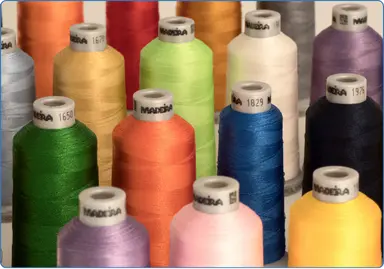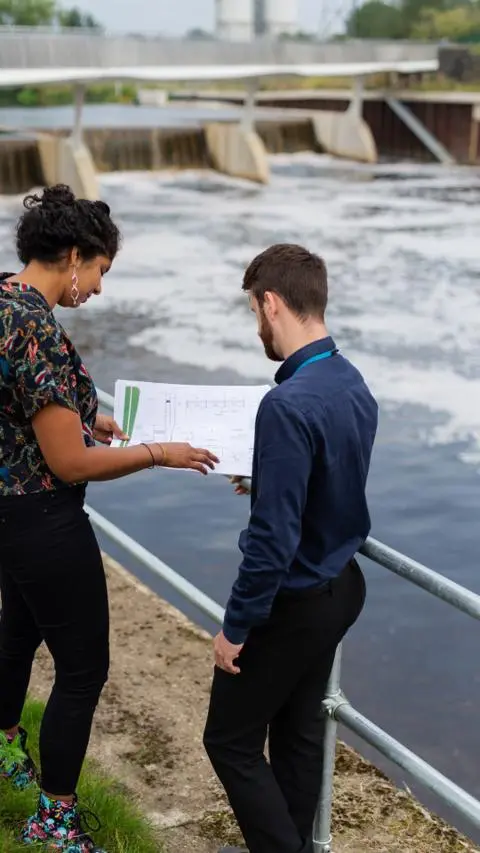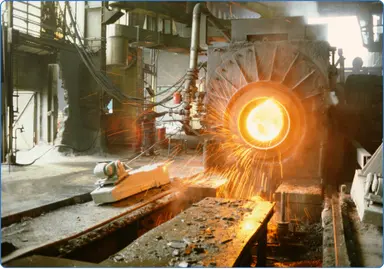Water Treatment Solutions for Hydrocarbon Washing and Separation Processes
Hydrocarbon washing and separation is a vital process in the refining and petrochemical industries, ensuring the efficient removal and separation of hydrocarbons during various stages of production. Treated water plays a crucial role in these operations, enabling effective cleaning, separation, and recovery of hydrocarbons from process streams. This not only enhances operational efficiency but also minimizes waste, ensuring compliance with stringent environmental regulations.
By leveraging advanced water treatment technologies, hydrocarbon washing and separation processes have become more sustainable, reducing water consumption and improving hydrocarbon recovery rates. These innovations support both economic and environmental goals in the refining sector.
Key Systems and Technologies Used in Hydrocarbon Washing and Separation

Dissolved Air Flotation (DAF)
A key technology for removing oil and suspended solids, ensuring efficient separation and reducing contaminant loads.

Reverse Osmosis
Provides high-purity water by removing dissolved hydrocarbons and salts, enabling water recycling and reducing waste.

Ultrafiltration
Advanced filtration that eliminates hydrocarbons, fine particles, and biological contaminants, ensuring clean water for reuse.

Multimedia Filters
Multi-layer filtration systems that remove fine particulates, protecting downstream equipment and improving water clarity.
Industries which Using Hydrocarbon Washing and Separation
- Refineries: Ensures effective separation of hydrocarbons from water in crude oil processing and wastewater treatment.
- Petrochemical Plants: Facilitates the cleaning of process equipment and separation of hydrocarbon residues.
- Oil Recovery Operations: Supports enhanced oil recovery (EOR) by separating hydrocarbons from produced water.
- Industrial Cleaning: Used for cleaning storage tanks, pipelines, and other equipment to remove hydrocarbon deposits.
Advantages of Hydrocarbon Washing and Separation
- Improved Hydrocarbon Recovery: Maximizes the recovery of valuable hydrocarbons, reducing waste.
- Operational Efficiency: Ensures clean equipment and optimized separation processes for higher productivity.
- Environmental Compliance: Meets stringent discharge standards by treating water effectively before disposal.
- Water Reuse: Treated water can be recycled for reuse in washing and separation, reducing overall water consumption.
- Cost Savings: Reduces chemical and water usage, as well as waste disposal costs.
Technological Advancements in Hydrocarbon Washing and Separation
- High-Efficiency Dissolved Air Flotation (DAF): Incorporates IoT sensors for real-time monitoring and optimization, enabling enhanced hydrocarbon removal and lower operational costs.
- Energy-Efficient Hydrocyclones: Use advanced designs to lower energy consumption while maintaining high separation performance.
- High-Capacity DAF Units: Enable treatment of large volumes of wastewater with improved hydrocarbon removal rates.
- Sustainable Membrane Technologies: Offer high rejection rates for hydrocarbons with reduced fouling and maintenance.
Challenges and Solutions in Hydrocarbon Washing and Separation
- Emulsion Stability: Advanced chemical dosing systems with optimized demulsifiers break stable emulsions effectively.
- Scaling and Fouling: Regular maintenance and pre-treatment systems minimize these issues.
- High Operating Costs: Energy-efficient systems and water reuse technologies reduce long-term expenses.
FAQs about Hydrocarbon Washing and Separation
- What role does treated water play in hydrocarbon separation?
- Treated water is essential for effective hydrocarbon separation, providing the medium for cleaning and enhancing the efficiency of separation systems.
- What are the main challenges in hydrocarbon washing?
- Common challenges include stable emulsions, scaling, and compliance with environmental regulations.
- How does water reuse benefit refining operations?
- Reusing treated water reduces freshwater demand, lowers operational costs, and supports sustainability goals.
- What is the lifespan of hydrocarbon separation equipment?
- With proper maintenance, most systems last 10-15 years, depending on operating conditions.
- How can separation efficiency be improved?
- Employing advanced optimized chemical dosing, and real-time monitoring enhances overall efficiency.